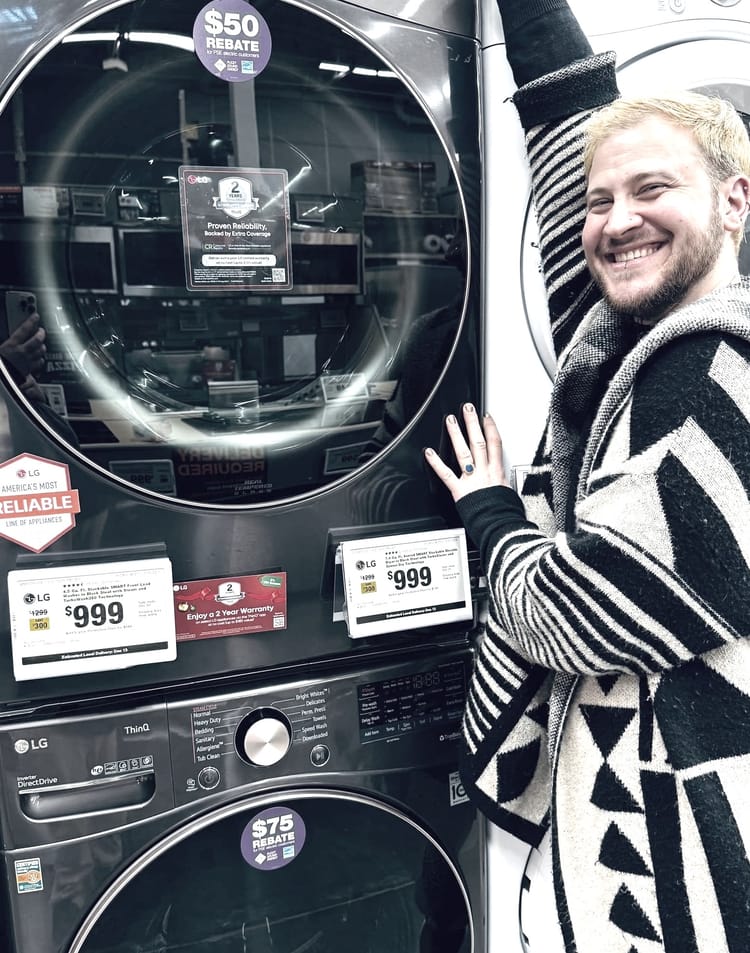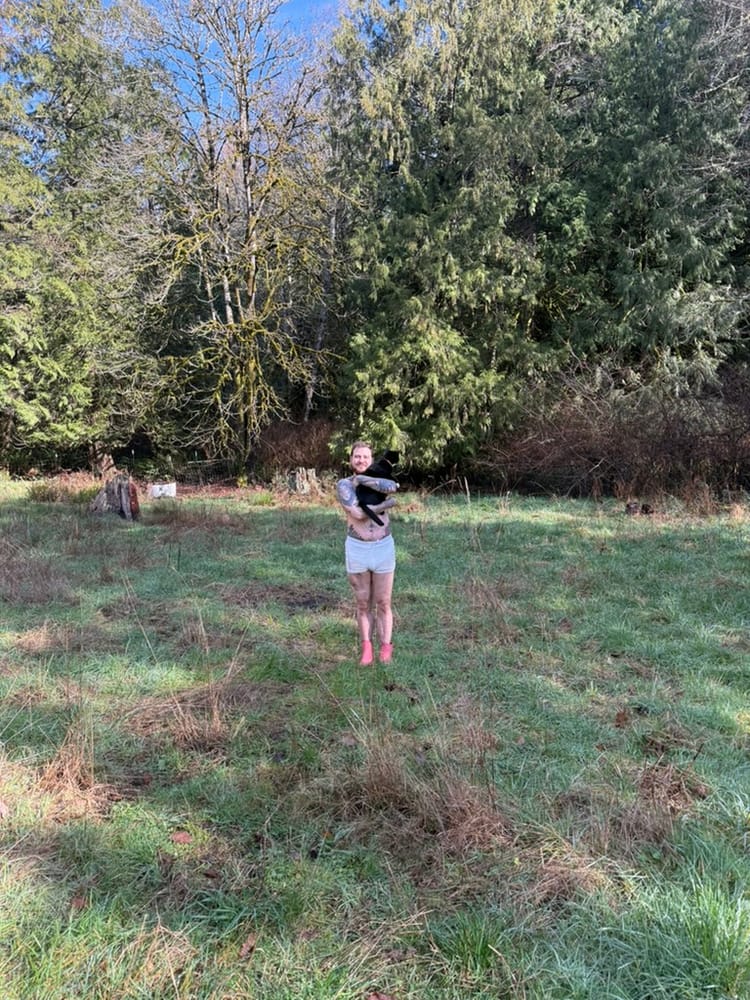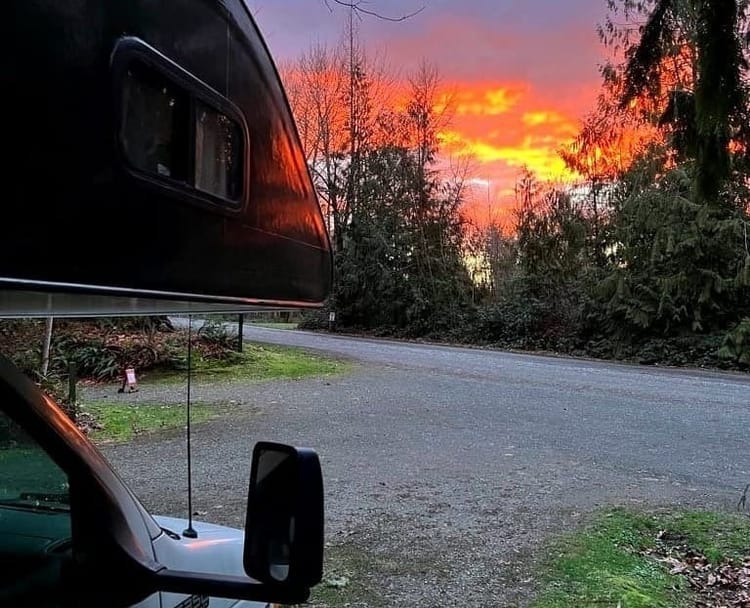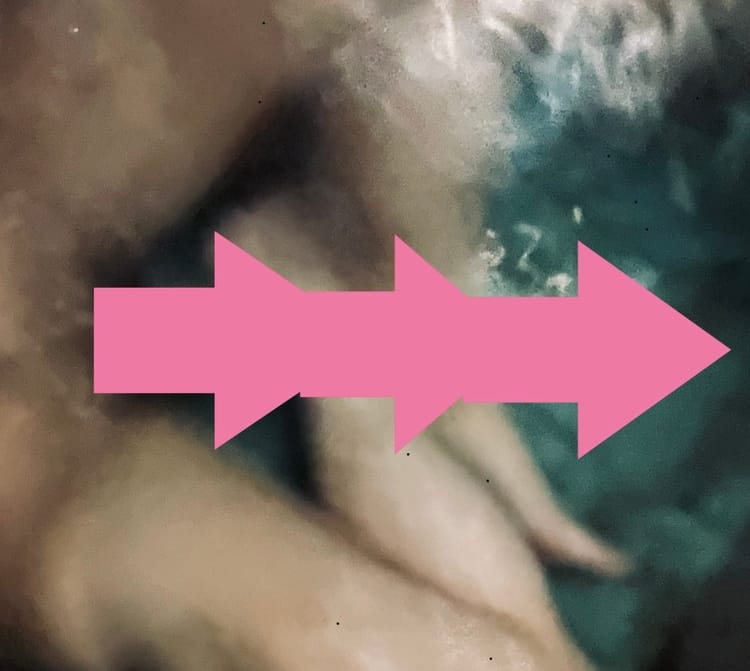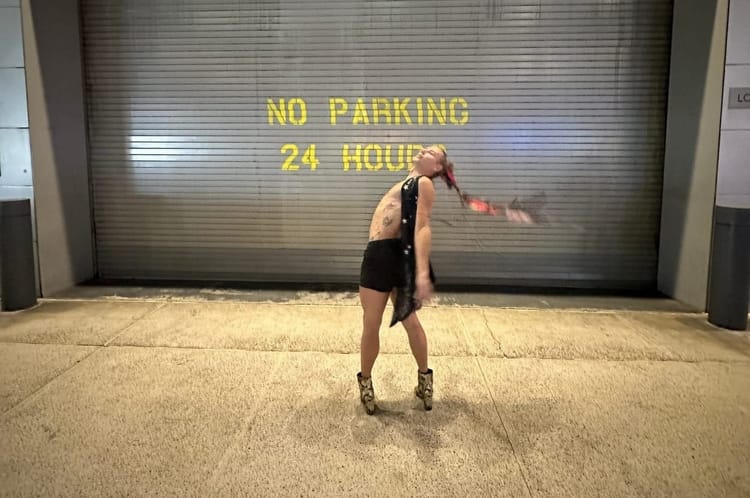The Problem with Nice People
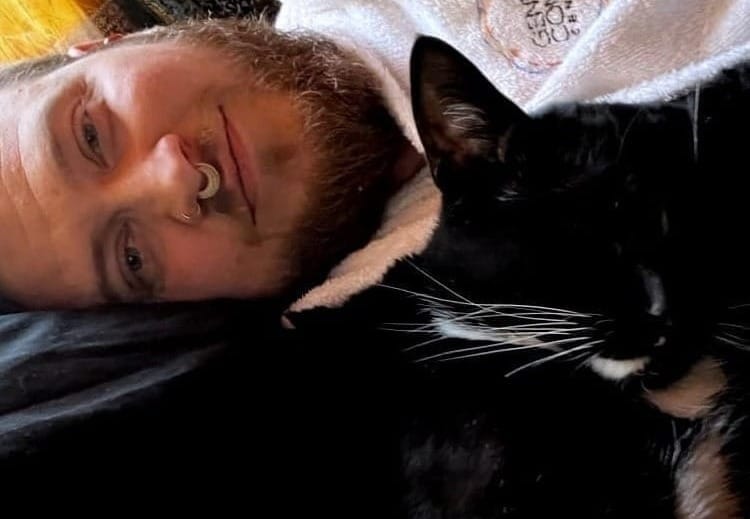
“IT WOULD MAKE me very happy to do your laundry,” the New Date said, two winters ago.
It took me weeks to process my feelings about it. I talked about this problem with a friend who’s a support specialist: the problem with people being nice. How when you finally get treated right, dams break around the grief and anger and heartache of not getting it before—dams demolished by proof that it’s possible.
Last night, I was up for hours thinking about setting the whole country aflame, about dropping bombs and unleashing plagues, about having superpowers of super mass destruction, until the full moon fell behind the trees: rage. I couldn’t stop it, even when I eventually, exhaustedly tried. Shortly after I started my journey with psychedelic therapy eight years ago, I would become so enraged sometimes, decades of uncaged suppressed upset, that my whole stomach would break out in a rash. There was desperation behind my envisioned murder spree last night (to any mandatory reporters: I possess neither the means nor actual plans to enact such highly fantastical scenarios), desperation to not be hurt anymore, desperation to stop the pain. I let my mind express it rather than keep suppressing the flood, which was unleashed by two events. The first: Someone was nice to me.
It probably wasn’t even an outsize amount of nice. I spent a couple of days with a new friend, and he listened when I talked, and I got to be relaxed in that way where it’s safe to say anything and be myself. To be clear, most of the people I know in Washington treat me this way. Even most people I don’t know in Washington are extremely nice; on my way home from this friend-visit, a woman stopped me in the grocery store to say how beautiful my dress was, though I was wearing a faded black smock with holes in it that I had definitely slept in.
But for a long time, my subconscious had apparently been putting out personal ads that read thusly:
Have you got a metric ton of unresolved anger toward your mother that you’re looking to project onto someone else? Be my friend, husband, or boyfriend!
I have had some incredible friends, for sure. But the last few years, I was attracting even platonic relationships that were as toxic as my romantic ones have long been. Some of this, I know, coincided with processing—and self-punishing for—the baby I didn’t save from a bad doctor and an even worse parent. I had been the worst mother; I deserved for someone—for everyone—to treat me accordingly.
A couple of weeks ago, I took a low dose of mushrooms, which I’ve started doing monthly—processing assistance. Psychic maintenance. And I was very surprised that the journey took me to that room in that doctor’s office all those decades ago. Because I rarely process abuse material in journeys with plant medicine, and also, I’ve processed that moment, alone and in journals and in therapy and in EMDR, at least a thousand times. It felt like it came out of no place. But I realize now the context: I’m increasingly letting increasingly nice people into my life.
Deserve, a cedar outside this new friend’s house whispered to me when I went and sat under it this past weekend. You deserve this.
“YOU DESERVE TO be treated like royalty,” the New Date said over the phone, in 2022. “I’m super excited to see you tomorrow,” he said on another call. I’d just turned my house north and driven 900 miles from the Bay Area to Seattle for the first time, partly because he’d said it was a very trans place, and partly because I had no idea where else to go. “What would I need to do for you to be comfortable?” he asked after I arrived at his apartment. He took me to brunch. He wasn’t trying to extract anything from me—sex (he was also ace), housework. The night before, he’d driven an hour roundtrip to pick me up from a nearby campground I could stay in free for two weeks among fresh, tree-filled air and drive me to the city, then another hour to take me back home—minus my laundry. Which he indeed did.
When he ceded me his bedroom and slept on the couch with his unmanageable cats one night, I couldn’t believe it, however completely reasonable that is. When he texted me a picture of the living room he’d cleared of clutter so we could hang out comfortably in it, I wondered if it was a computer simulation. Like, that rather than actually cleaning up to make me comfortable, he’d instead made a photorealistic mockup (he did work in tech) of what it would look like if he cleaned. This is how unbelievable it was to me that anyone would do anything for me voluntarily and nonangrily. That is how shitty my relationships immediately leading up to that moment had been.
One night, as I slept, alone and unbothered, in his king bed, I woke up with the defenses of my grief-and-rage dam begging me to leave.
Not just to leave. To go all the way to Florida. Not just to Florida but to the keys, the literal farthest-away drive in the country, and a place where I know exactly zero people. I managed to soothe myself back to sleep eventually. When I woke up again, I cried for hours.
“Is there anything I can do to support you in going or not going to Florida?” the New Date asked the next morning, when I finally emerged into his living room, high-ceilinged, raw-floored industrial chic, wraparound windows to the city. I shook my head, and outstayed the impulse to flee the unfamiliarly kind surroundings; a couple of days later, he took me back to the nearby snowy forest where I temporarily parked my home, and I spent seven days in the trees in unleashed pain so agonizing I couldn’t move for some of them. I lay, curled in the squish, under the branches of cedars.
You’re doing a great job, they said when I dragged myself outside.
“Am I?” I asked them out loud, sobs breaking out of my spine.
Related articles:
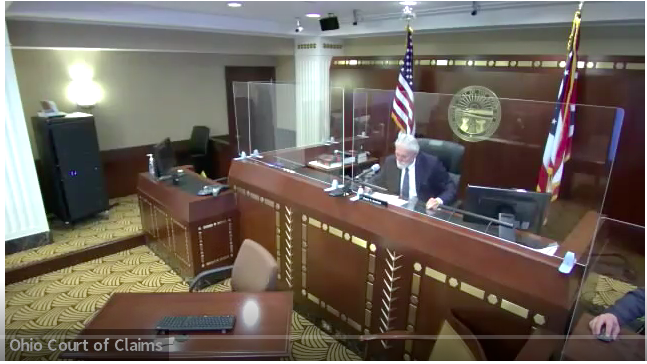

A few months prior, on the eve of a trip to report child sex abuse at my hometown police station with my boyfriend and best friend at the time, I went to bed feeling awful. So bad I could scarcely breathe. My then-boyfriend petted my back as I breathed slow and hard and deep, offering that he cold help hold whatever it was. Some minutes later, I was in a flashback of several adult men holding my child-size mouth open with hooked fingers. Earlier in the day, I had been having pain in my jaw, but I’d not sunk into it. Shortly before the flashback, I’d been feeling angry at my boyfriend and my friend, both volatile men, for recent hurtful things they’d done, wishing I didn’t know anyone, wishing I had never even tried to know anyone, because everyone attacks you eventually.
In my experience, that was true. I’d helped make it true, out of habit, out of perpetuating cycles, out of textbook compulsion to re-create trauma, with the kind of people I surrounded myself with: people who would not give me reason to consider that I didn’t deserve abuse, who would keep me from feeling the full injustice of it by heaping more injustices on me like I was asking for it after all. But even in the best of circumstances, humans are prone to projection, so even the best ones will likely fling something you don’t have coming at some point—unwarranted resentment, irritation, anger. As much as I hated it, swallowing it was what I was most used to doing.
I’m not even fighting, I felt in the middle of the flashback I had next to my boyfriend that night before our trip. (The rest of this paragraph is graphic and horrifying.) The perpetrators—a rapist father, his rapist friends—did not have to pry my mouth open like that to get me to take in weapons or body parts or their attendant fluids; it wasn’t my first time, and I was well-accustomed to compliance by then, at the age of six and a half. It’s harder to breathe when people force pressure out and down on your jaw, and however I tried to signal my willingness, they wouldn’t be deterred from doing this, violence on violence, each not just a rapist but a sadist, compounded when they worked together. Violence on violence on violence on violence. Gun in the mouth, gun to the throat. Three-on-one. Brute force plus firearms plus choking plus bukkake—plus insults.
It doesn’t have to be this mean, I often find myself thinking during flashbacks, whether they occur in bed or in therapy. It’s not enough to rape a kid, you also have to make it mean? They didn’t have to be so mean.
You’re doing a great job, the cedars in Washington said five months after that particular flashback. I had left the now ex-boyfriend and ex-friend, who had both forced their bullshit and projections down my throat, in California. In perfect cosmic timing, the ex-friend, whose behavior toward me had continued to degenerate until the relationship dramatically imploded, crossed a boundary I’d set for him not to contact me and sent a shitty email while I was in those woods. Everyone attacks you eventually. This was the trap I felt I lived in: I could be close to people, who would all be shitty eventually—after I started transitioning, even most of my preexisting cis friends, who had historically been the saving grace of my human relations, either attacked me or cut me out of their life when I (usually gently) pointed out their indoctrinated transphobias.
Or, I could live in total isolation. Both made me want to die.
You’re doing a great job, the trees said, and I wasn’t sure what it was I was doing, but apparently I needed to be doing it. Making space, perhaps. For something different. Dismantling the old foundation, in preparation to build a new one.
THE SECOND TRIGGER for the rage and grief explosion this weekend was a letter.


